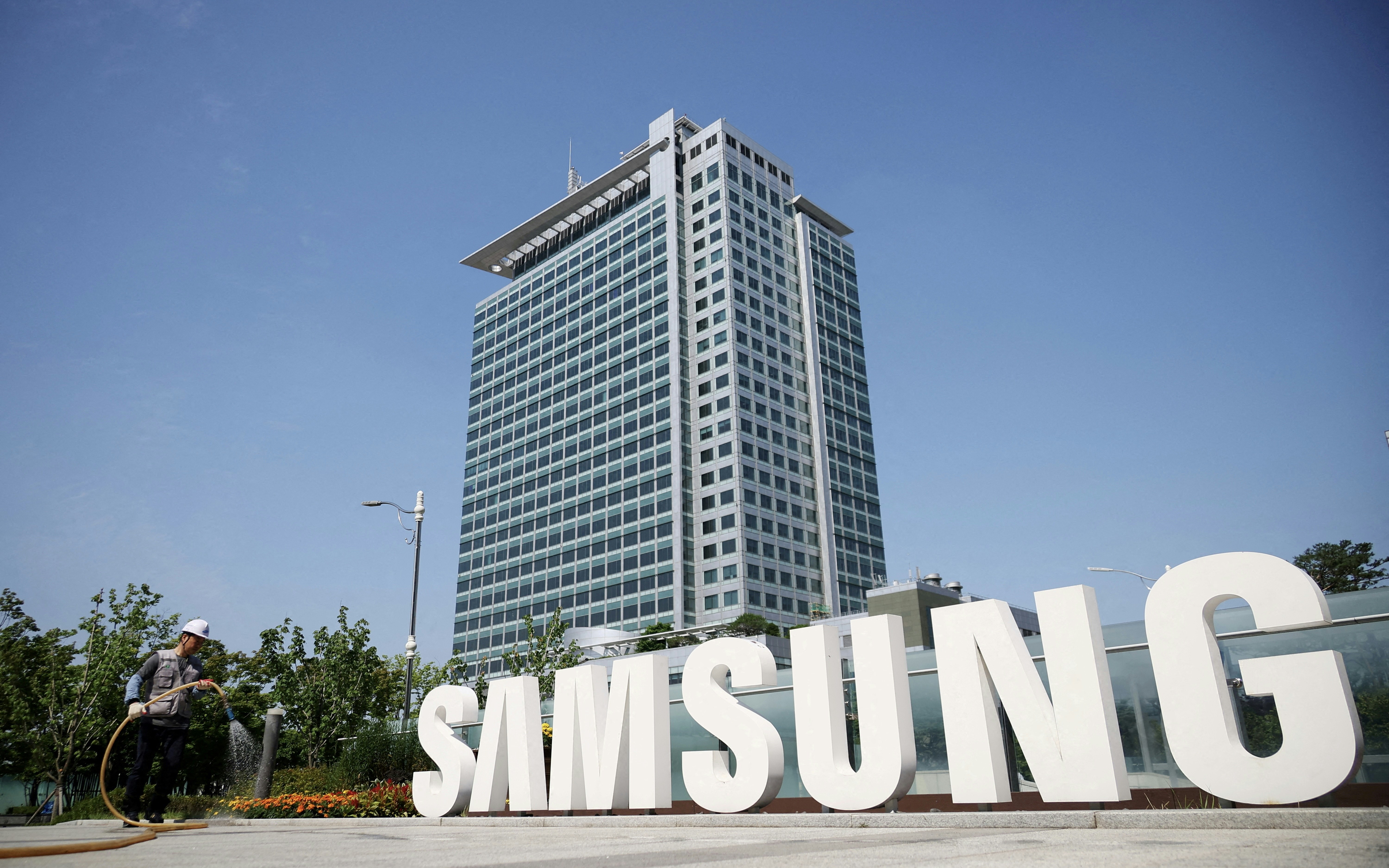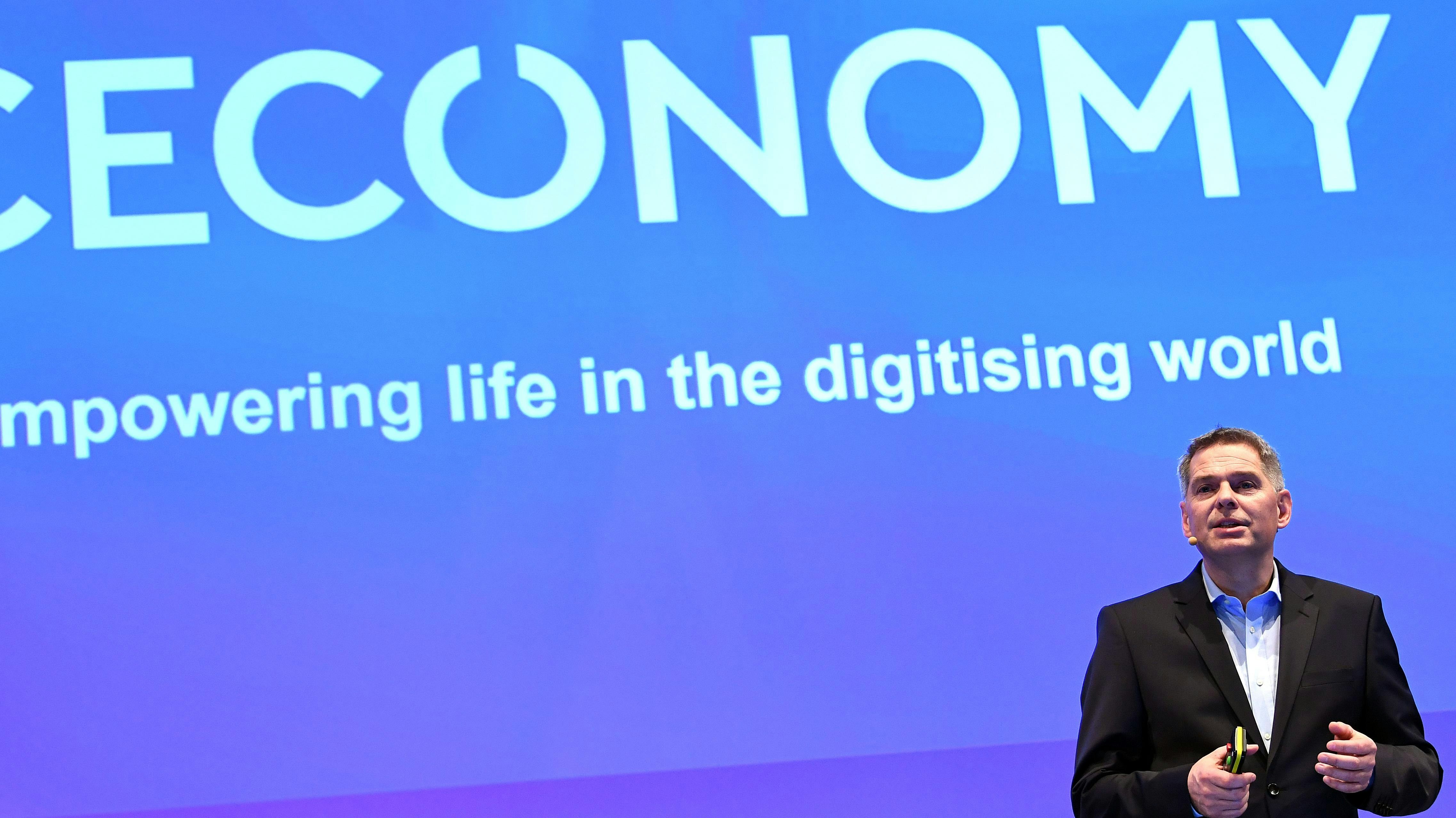Samsung Electronics publicly apologized on Tuesday and admitted that the company is in a "crisis." This follows the release of disappointing profit forecasts for the third quarter, where the chip giant reported an operating profit of 9.1 trillion won ($6.8 billion) – significantly below market expectations of 10.3 trillion won according to LSEG SmartEstimates.
Although the operating profit nearly tripled compared to the previous year due to an increase in memory chip prices, it fell by nearly 13 percent compared to the second quarter of this year. These mixed results have shaken investor confidence, reflected in a nearly 30 percent drop in Samsung's stock over the past six months. The main concern is Samsung's competitiveness in the field of advanced chips for artificial intelligence systems.
Young Hyun Jun, head of Samsung's chip division, acknowledged the disappointing performance in a letter to customers, investors, and employees on Tuesday: "We are obviously not managing to reach everyone. We need to do more to gain the trust of the executives at the Post Office." (Note: There seems to be an error here – the reference to "Postmasters" belongs to a different context.)
The weak forecasts underscore growing concerns about deteriorating market conditions for memory chips and the potential slowdown in AI investment by major technology companies. Analyst Kim Hyun-tae from Shinhan Securities stated: "Concerns are growing as demand for legacy memory declines and smartphone demand is weaker than expected, while the entry into the HBM market is delayed.
Furthermore, market conditions have tightened after Morgan Stanley predicted an impending downturn in the memory chip market due to declining demand for conventional DRAM and potential overcapacity in the HBM sector. Macquarie analysts warned of possible overproduction of DRAM chips as a result of decreasing demand from the mobile and PC segments, which could potentially cost Samsung its market leadership.
The competitive pressure is heightened by the advancements of competitors like SK Hynix, which recently began mass production of HBM3E chips—the most advanced version on the market. In contrast, Samsung's HBM3E chips have yet to pass the qualification tests from Nvidia, a leading customer in the field of AI systems. Analysts Daniel Kim and Jayden Son from Macquarie emphasized, "A delayed entry into the HBM3E market is costing Samsung a significant market opportunity. Increasing production yield remains a challenge, even after product qualification.
Aside from the challenges in the chip sector, Samsung is also facing increased competition in the high-end smartphone market. Huawei has recently introduced a $2,800 tri-fold phone to directly compete with Samsung, while Apple promises a continuous rollout of generative AI features with the new iPhone 16.
In parallel, Samsung is reducing its workforce outside of Korea from 147,000 employees and is struggling with growing discontent among workers domestically. The company announced that its foreign subsidiaries will undertake "routine personnel measures to improve operational efficiency.
Jun emphasized in his letter to the staff: "Our main focus is on improving our fundamental technological competitiveness. We will review our organizational culture and processes and take immediate action to address all areas for improvement.







